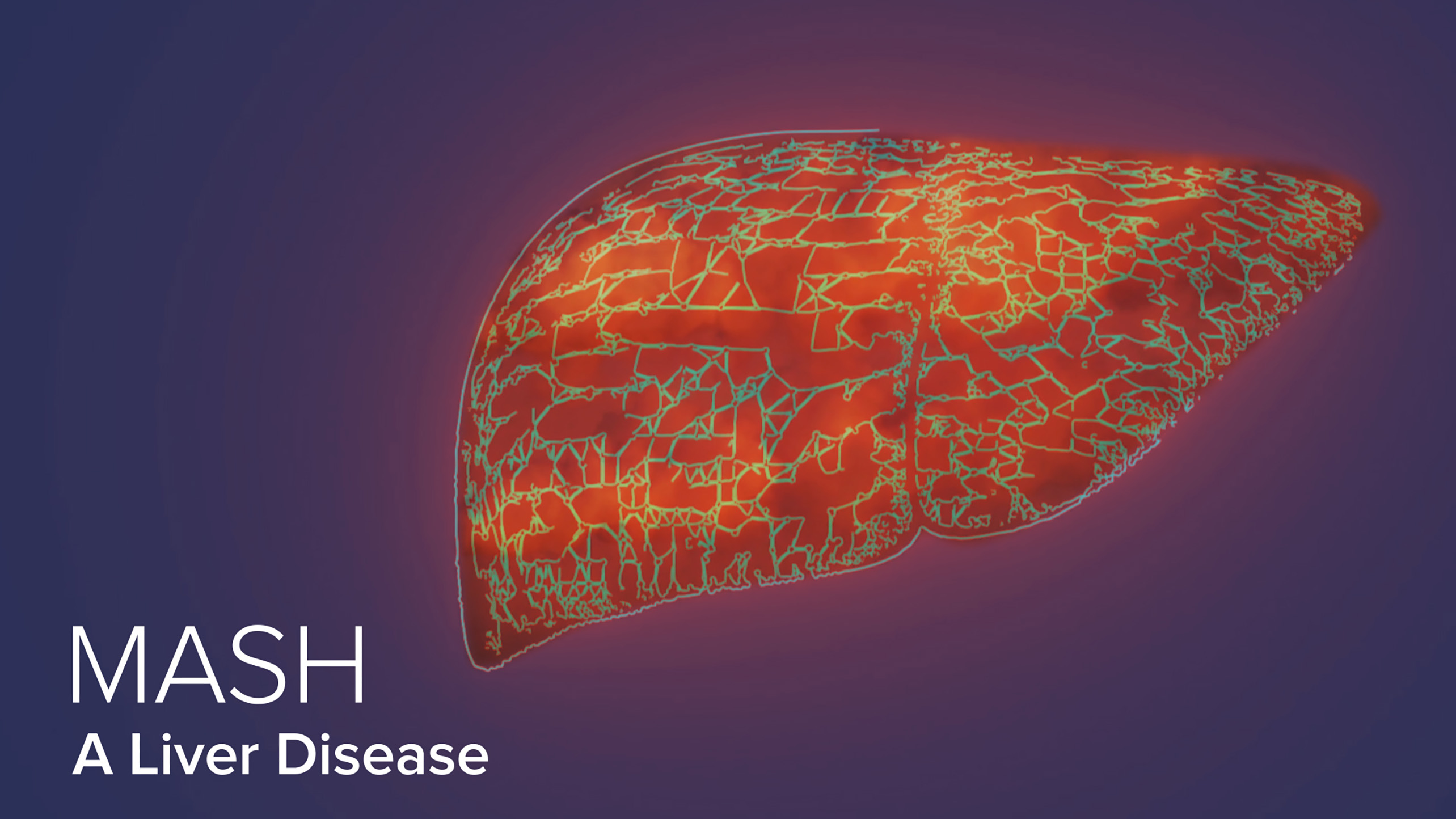MASH (Formerly NASH): Understanding This Form of Fatty Liver Disease

Of the many jobs the liver performs, storing and processing nutrients is a crucial one. However, the liver was not designed for the type of storage that comes with “overnutrition,” which is common in today’s world, says Wajahat Mehal, MD, director of the Yale Fatty Liver Disease Program.
Overnutrition occurs when someone takes in an excessive number of nutrients, causing body fat to accumulate. “What happened historically is that we would have periods of overnutrition, say, after a harvest, and that would be followed by weeks and months where we have undernutrition, and we would fall back on the body’s reserves,” Dr. Mehal explains. “But in the last 100 years, most of the population has had excess nutrition day after day, and that damages the liver and many other organs.”
One condition that overnutrition can lead to is MASH (metabolic dysfunction-associated steatohepatitis). Formerly known as NASH, MASH is a form of nonalcoholic liver disease, which describes a spectrum of conditions marked by fat buildup in the liver not caused by alcohol use.
“With MASH, the liver ends up storing these excess nutrients and you get both fat as well as inflammation of the liver,” says Vikas Gupta, MD, PhD, clinical director of the Yale Fatty Liver Disease Program. “If you let that fat and inflammation go inside of the liver for long periods of time, that scar tissue starts to build up and can lead to cirrhosis of the liver.”
For most patients, MASH development is linked to metabolic syndrome, a group of conditions including high blood pressure and abnormal cholesterol levels. Being overweight and having type 2 diabetes also makes MASH more likely to occur, Dr. Gupta says.
MASH often doesn’t present with symptoms until it is too late, Dr. Mehal notes. “So that’s why it’s really important that whenever there are any indicators, which could include blood tests or ultrasounds, it’s taken seriously and we act upon it.”
Early identification of MASH can also mean earlier treatment. The Food and Drug Administration (FDA) recently approved a pill called resmetirom, sold under the brand name Rezdiffra™ for MASH.
In the video above, Drs. Mehal and Gupta talk more about MASH and the Yale Fatty Liver Program.